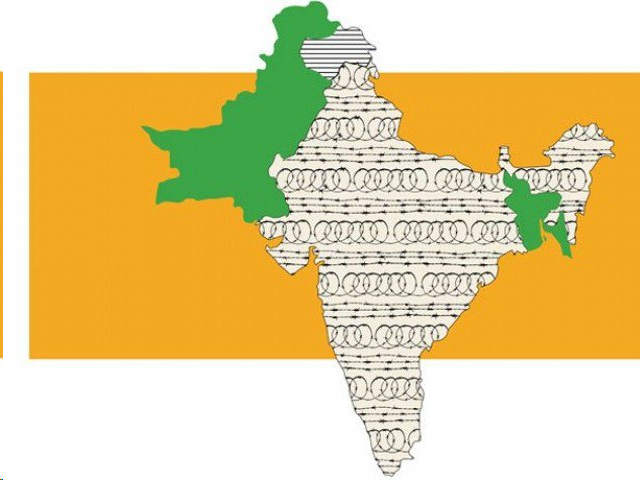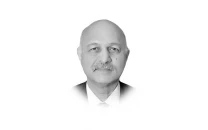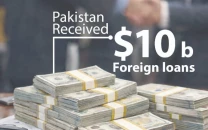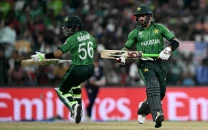Fall of Dhaka: can we learn from history?
The war goes on after more than forty years, with new players but within the same geography

PHOTO: FILE
Fall of Dhaka: Winemaker’s tale of selfless love and sacrifice
The most important thing is to recognise it was a great tragedy, it happened, and we need to reflect on the causes of it. Briefly, incompetent military leadership, the decade of Ayub Khan, too slow a pace of giving equal representation to the people of then East Pakistan in the power structure of the country, denying transfer of power to the majority party after it swept the 1970 general elections — the Awami League. On top of it, situation in every part of Pakistan was complex, confused and the society was divided by religion, ideology, party politics, and more importantly ethnicity and sub-nationalism.
The question is what we have learnt from that tragedy, and many others. It is not an easy question, but nor is it to so difficult to answer it when we look at the big picture. Actually, the fall of Dhaka was the beginning of many other episodes in the tragic history of the country. Look, how power was transferred, the multiple rifts, dissolution of the Balochistan Assembly, the Baloch insurgency, the rigged 1977 elections, the Pakistan National Alliance and its movement, the toppling of Z A Bhutto, and his unfair and tragic execution under the reign of a despotic military regime.
We marched with some factions of the Afghans, the Americans and so many other powers hell bent on fomenting resistance against the Soviet Union. The war goes on after more than forty years, with new players but within the same geography. And then, ‘leaders’ were cultivated, some by the military, and others who were deft to capture Z A Bhutto’s legacy at the right time. Sounds very pessimistic; but it is what the history is.
16 December 1971 — a day to remember
Where we stand today? Polarised, diminished, fighting many wars within and against too many ‘enemies’, divided and very confused about direction the country needs to take. The very forces that could unite us, and help resolve issues, find a common political ground and frame up a national agenda are fanning the politics of fragmentation, confrontation and polarisation. These are, democracy as a system, the political parties, the leaders, the media and the civil society.
If we add complexity of geopolitics to the current troubles, the big picture doesn’t look nice, except some optimism, trust and expectations attached to Imran Khan. He has emerged out of prolonged political crises. His choice is between overcoming the national crises or being consumed by them. The band of time for him to act is shrinking by the day, and the reform spectrum he wants to work with appears to be too large to fit into the capacity of the state system to deliver goods on time. Never is any leader a last hope, but at the moment, he is the only one that people can trust and take seriously.
Published in The Express Tribune, December 19th, 2018.
Like Opinion & Editorial on Facebook, follow @ETOpEd on Twitter to receive all updates on all our daily pieces.












COMMENTS
Comments are moderated and generally will be posted if they are on-topic and not abusive.
For more information, please see our Comments FAQ